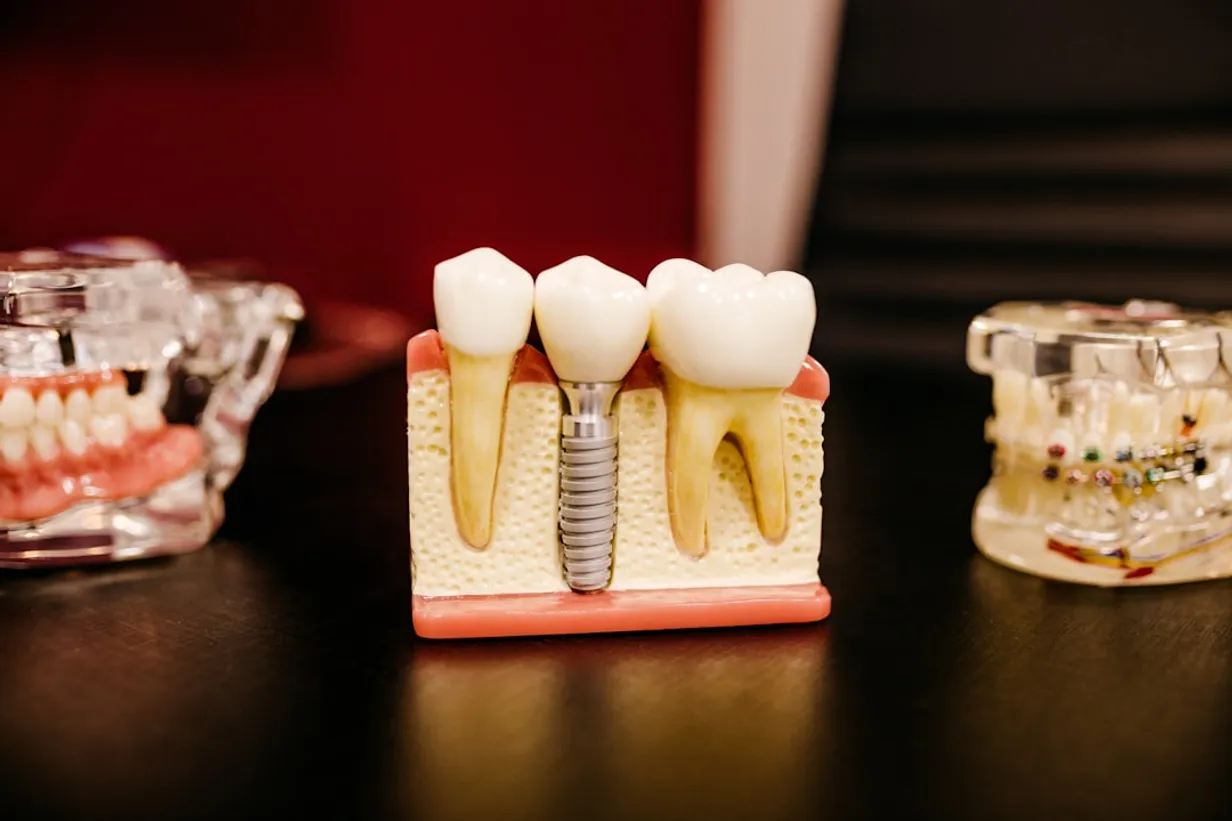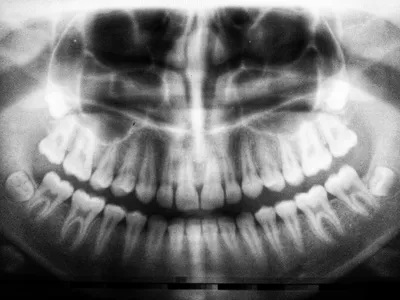Understanding the Advantages and Disadvantages of Dental Implants

Introduction to Dental Implants
Dental implants have become a popular option for replacing missing teeth. They provide a permanent solution that looks and feels like natural teeth. However, like any treatment, they come with their own set of advantages and disadvantages. In this article, we will explore both sides to help you make an informed decision.
What Are Dental Implants?
Dental implants are artificial tooth roots, usually made of titanium, that are surgically placed into the jawbone. They serve as a stable foundation for replacement teeth, such as crowns, bridges, or dentures.
The Procedure
The process of getting dental implants involves a few stages, including a thorough dental assessment, surgical placement of the implant, a healing period, and finally, the attachment of the artificial tooth.
Advantages of Dental Implants
1. Enhanced Appearance
Dental implants look and feel like natural teeth, providing a seamless aesthetic result. They are designed to fuse with bone, making them a permanent part of your mouth.
2. Improved Function
Unlike dentures, which can slip and cause discomfort, dental implants provide stable support, allowing you to eat and speak more easily and confidently.
3. Long-Term Solution
With proper care, dental implants can last a lifetime, making them a durable and reliable option for tooth replacement.
4. Bone Health Preservation
Dental implants help prevent bone loss in the jaw, a common issue when teeth are missing. They stimulate bone growth, maintaining the natural shape and structure of your jaw.
Disadvantages of Dental Implants
1. Cost
Dental implants can be expensive, especially if multiple implants are needed. However, their long-term benefits often justify the initial investment.
2. Surgical Procedure
The surgical aspect of dental implants can be a drawback for some, as it involves minor surgery with associated risks, such as infection or nerve damage. Always consult with a qualified dental professional to minimize these risks.
3. Healing Time
The healing and osseointegration process can take several months, requiring patience and multiple dental visits.
Conclusion
Dental implants offer a robust solution for replacing missing teeth, combining aesthetic appeal with functional durability. While they come with certain disadvantages like cost and the need for surgery, their long-term benefits often make them a worthwhile investment for those looking to improve their dental health. Always consult with your dental professional to evaluate if dental implants are the right choice for you.
Top Dental Health Articles
Discover our most popular dental health articles, featuring expert advice that our readers rely on.



